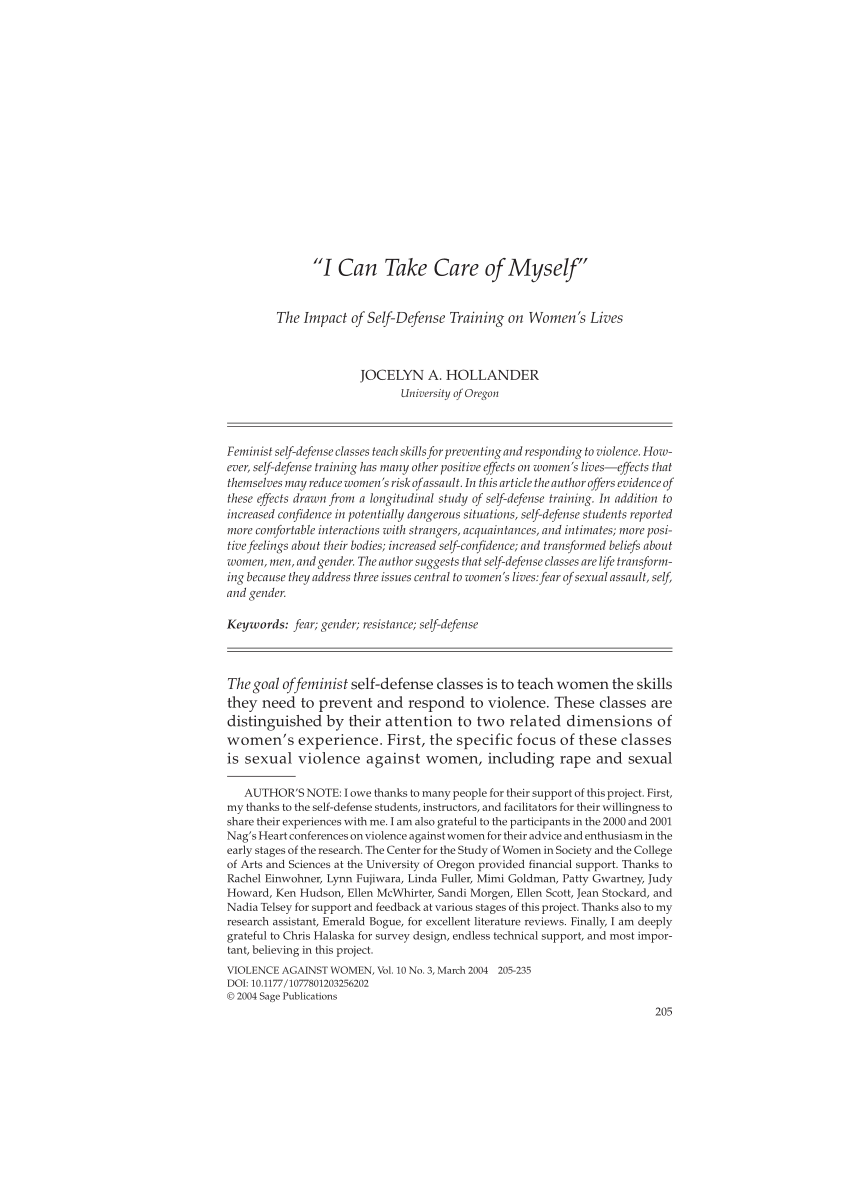
Chris Pizzo spent most of his time at school in Army ROTC. He also joined the Reserve-Based Ranger Competition Team, where he excelled at both mental and physical challenges. He aimed to get an active military commission after graduation, but a freak accident in a Judo school ended his plans. His neck had been affected by a tumor that had spread to his lymph nodes, hip area, and his spine. Although the original tumor was removed by surgery and radiation, the cancer spread to his hip and lymph nodes. He is currently receiving treatment in New York.
Kimberly pizzo
Christopher and Kimberly Pizzo took the opportunity to visit their hometown in celebration of their five year wedding anniversary. They had already visited the South Street Seaport in downtown and stopped by a new local brewery. They still had a reservation to dinner. Christopher wanted information about Kimberly, the person who made the dinner reservations. Kimberly sent Chris another text via her phone.
Captain Chris Pizzo
A living legend is Captain Chris Pizzo. He is a well-known martial artist. Pizzo is a veteran in self defense and the founder of Close Combat Training. He's been on Fox Good Day Tampa as well as the Today Show. His videos of martial arts are well-known worldwide. He's also taught self defense to soldiers in the US military. Pizzo was recently diagnosed after a long career. Pizzo has survived and continues to share his knowledge with his students.

His entrepreneurial spark
Chris Pizzo has been a pioneer in many business ventures that have succeeded since he was just a teenager. His father, Dr. Larry Pizzo urged him to start his own business at a young age. He started his first formal business venture at the tender age of fourteen. Chris, at fourteen, noticed a huge difference in the earnings of "creators" and those who worked "normally".
His cancer
Donating in his name is a great way to honor a loved one who has had cancer. Chris Pizzo was a successful businessman, having founded a variety of companies in his life. He had a passion for teaching and mentored aspiring entrepreneurs. He donated to the American Cancer Society, and taught Brazilian Jiu-Jitsu classes to his students. Although his cancer diagnosis was devastating for him, he lived a full and active lifestyle.
His marketing techniques
Chris Pizzo's revolutionary marketing methods are unmatched. Chris Pizzo, the father of business guru Larry Pizzo began his career at a young age. He was 14 when his father encouraged him towards entrepreneurship. He quickly discovered that there was a world of difference between "creators" and "normals" in terms of earning power. Chris's knowledge has helped many of his businesses become successful as an adult.

FAQ
What medical supplies should you keep in your stockpile?
If you're going to be in an emergency situation and have to take over medicine, make sure you have enough for at most three months. This can be done by stocking up all types of medications including pain relievers and antibiotics. You may also want to consider storing food as well because if you don't have access to fresh foods, you won't have much time to prepare them.
What do you need to have on hand for the end-of-the world?
You may think it's silly but you need to know what you need to buy if you want survive the apocalypse.
A list of essential items to have at home when the world ends.
Prepare mentally and physically to face an apocalyptic future.
You should be prepared for all eventualities.
Start by creating a stockpile of food and water.
Then think about other essentials such as fire starters, torches, batteries, candles, matches, lighters, first aid kits, medical supplies, and emergency equipment.
Last but not least, ensure you have enough cash to last until the end.
After all, who knows how long we'll have left to live?
What should you keep in your bug-out bag?
A Bug Out Bag (BOB), a kit designed for survival in 72-hour situations without food, water, shelter or communication, is called a Bug Out Kit. It includes a first aid kit, flashlight, whistle, fire starter, compass, knife, matches, rope, bandana, handkerchief, toilet paper, hygiene items, sunscreen, sunglasses, socks, gloves, hat, bottled water, energy bars, batteries, emergency blanket, and other essentials.
You will likely only use half of the items you choose to place in your BOB. You should make wise decisions.
What should the shelf life of survival supplies be?
The best way to make sure you have enough supplies in case of emergency is to always have them available. You don't want be without any supplies when disaster strikes.
For example, if you plan to go camping, you will need to bring everything that you may need in one bag. This includes water, food, first aid kits and fire starters.
Also, be sure to have a torch, map, compass and whistle. These items will allow you to stay safe and help you find your way back home if you get lost.
These items should be stored in a waterproof container. It is important that these supplies are easy-to-reach and do not get lost or tossed around in your backpack when you go hiking.
When packing your supplies, think about what you'll use most often and how much space each item takes up. If you have room left over, consider adding extra items. Consider adding a stove, pots, and pans to your wish list if outdoor cooking is your main focus.
You need to know where your supplies are located so you don't lose them.
What is the best food for survival?
Make sure you carefully consider the items you purchase. You won't be able to live long if you don’t have enough water. Find a place where there is plenty of water. Make sure to stock up on supplies.
You can buy dried beans and rice, pasta, or dehydrated food. You need to make sure they are stored properly so that nothing gets lost.
You might also consider getting some freeze-dried food as well. These are more costly than regular food, but they last a lot longer.
Preparing for a wedding: What should I first buy?
Water bottles are essential for every person on your trip. They are very important!
It is important to always have sunscreen lotion on hand. It doesn’t make a difference if you’re going on a hike or to the beach. You’ll still need it.
Do not forget to bring extra batteries to power your electronics. Last, but not the least, bring some sunglasses. You will not know how bright it is until you actually get there.
Statistics
- Receiving 11.2 percent of votes in our reader survey was a propane torch. Background: This summer, we surveyed our readers about what they’d shove into a backpack if they were caught unprepared for the collapse of society. (inverse.com)
- A gravel bike was the clear winner, receiving more than 90 percent of the votes. Background: This summer, we surveyed our readers about what they’d shove into a backpack if they were caught unprepared for the collapse of society. (inverse.com)
- A survey commissioned by National Geographic found that forty percent of Americans believed that stocking up on supplies or building a bomb shelter was a wiser investment than a 401(k). (newyorker.com)
External Links
How To
How to find potable water in a survival situation
Your life could be saved by having access to potable water in a critical situation. It is essential to learn how to find potable drinking water quickly and efficiently when you're in survival situations. It is important to have enough water to last until help arrives. Without access to clean water, you can become dehydrated and get sick.
In this article, we'll go over some tips on finding potable water during a crisis. We'll cover what types of water sources there are and which ones are best suited for different situations. We will discuss how to filter and purify water so that it is safe for drinking. We will also discuss how water can be stored for future use.
What Types of Water Sources are There?
You'll find water sources all around you when you go out into the wild. These could include streams, rivers, springs and oceans. These water sources are available throughout the year or only during certain seasons, depending on where they are located. There are several factors that you need to consider in order find the right water supply for your location.
The first thing you need to do is determine whether you will have access to fresh water. This means you'll need to consider whether you'll have easy access to a stream, lake, river, pond, spring, ocean, or rainwater. Second, consider whether or not you have access to clean water. Avoid collecting water contaminated with urine or feces as you will not be able to properly treat it before drinking it. Third, consider how much water will you actually need. The amount you will require of water depends on several factors, including how long you intend to stay stranded, the temperature outside and inside, as well as how large your family. Fourth, you will need to determine how to transport the water. Some water sources aren't easily accessible, making transportation difficult. For example, you might have to carry a heavy container full of water across a steep hillside. It is also important to consider weather conditions when selecting water sources. You might not want to rely on rainwater during a storm, but if it is sunny you might be able to collect water without worrying about contaminating it.